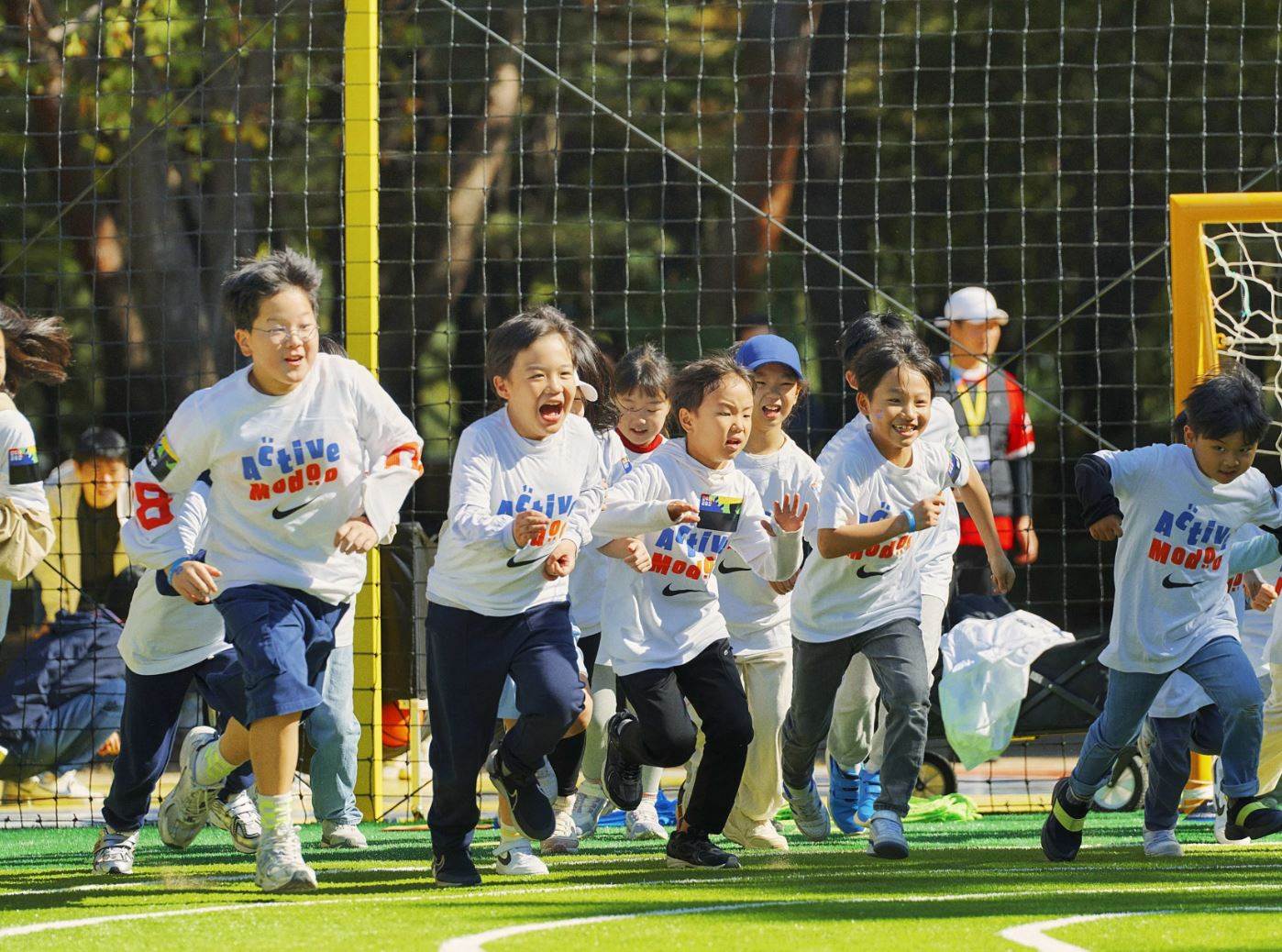WFSGI: sports brands central to health transformation

The World Federation of Sporting Goods Industries (WFSGI) and the Organisation for Economic Co-operation and Development have co-produced a policy paper that highlights physical activity as a low-cost, high-return investment, benefiting the environment, fostering a healthier workforce and supporting the development of young people.
‘Physical Activity: The transversal benefits for our people, our planet, our economy and more prosperous societies’ calls for physical activity to be prioritised and cross-sector collaborations formed, positioning the sporting goods industry as a key player in shaping innovative and impactful solutions to global challenges.
Featuring examples from WFSGI members Nike, adidas, Speedo and ASICS, the paper looks at how the sporting goods sector is contributing to fostering active lifestyles through inclusive products, sustainable practices and global outreach.
Recent figures from the World Health Organisation reveal that 31% of adults do not meet the recommended levels of physical activity to maintain good health. That number rises to a 81% of 12-17-year-olds not doing enough physical activity to stay healthy. The WHO has calculated the economic cost of treating health conditions that can be prevented through engaging in a healthier lifestyle with more physical activity will reach at least US$ 300 billion by 2030, around US$ 27 billion annually.
WFSGI represents approximately 70% of the global industry by annual turnover.
Image credit: Nike
Read WSA's interview with WFSGI CEO Emma Zwiebler, who says that current levels of physical inactivity represent an existential threat to the industry.






